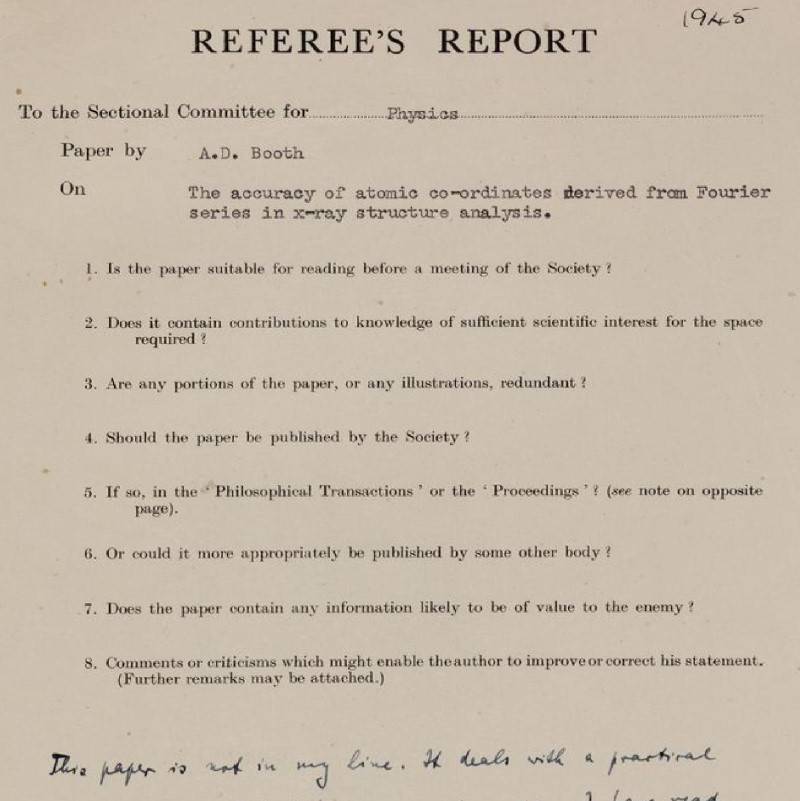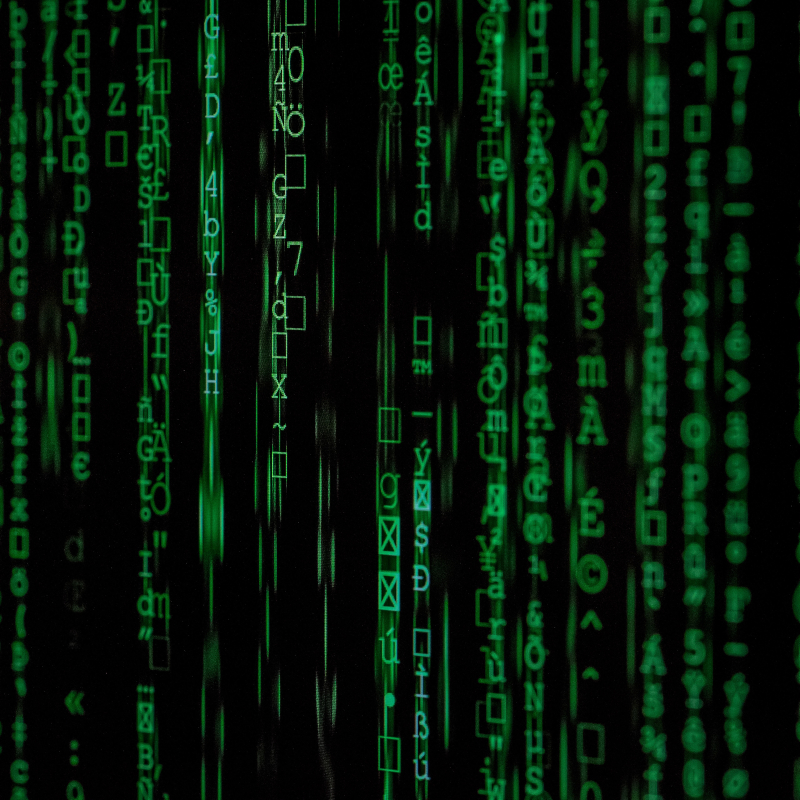Proceedings B Senior Editor Dr Maurine Neiman discusses the value of peer review and highlights the different elements to consider when writing a review report.

Preprint and Senior Editor of Proceedings of the Royal Society B, Dr Maurine Neiman, from the University of Iowa, shared her thoughts on peer review and what makes a good review in scientific scholarly publishing.
Why is peer review important for scientists and scientific research?
Peer review is important because scientific peers have the expertise and contextual knowledge that is needed to rigorously and fairly evaluate the extent to which a new scientific paper makes a valid and useful (i.e., publishable) scientific contribution. The process isn’t perfect: humans can never be truly objective, for example, and not all reviewers provide useful or fair reviews. This is where my role as an editor can be especially important: it’s my responsibility to select high-quality reviewers, decide when particular reviews are especially useful or should be taken with a grain of salt, and provide my own independent assessment of the utility and quality of the paper.
As an Editor, what do you think makes a good review of a scientific paper?
There are multiple elements of a high-quality peer review. First, the review should be reasonably objective. Second, the review should be thorough, with the caveat that it can be difficult to find individual reviewers that can rigorously evaluate interdisciplinary studies and papers that feature multiple methodology types (e.g., theory and empirical data). Third, the review should provide a combination of appropriately positive and critical components, and constructive suggestions accompanying the critiques. With respect to the importance of positivity, the editor needs the expertise of the peer reviewers to evaluate the extent to which the paper has strengths as well as weaknesses. Fourth, the review should acknowledge components of the manuscript that the reviewer might not be able to objectively or rigorously evaluate. Finally, the review should provide a realistic perspective on what constitutes a useful contribution to scientific literature, in general, and with respect to the focal journal.
What should reviewers avoid when writing their reviews?
As I mentioned above, reviewers should avoid presenting criticism in the absence of constructive suggestions. As an author and as an editor, it can be very difficult to know how to respond to criticism in the absence of specific suggestions for improvement. As a related point, I think that reviewers should take some care to ensure that their review will come across to the authors as respectful and not overly harsh. No one benefits from an antagonistic review process.
What advice do you have for early career researchers starting out in peer review?
I think that early-career researchers should make an effort to engage in peer review early and often because reviewing is the best way to learn how the peer-review process works and provides valuable insight in how best to craft a scientific manuscript. The best way for junior researchers to start reviewing is often to team up with a graduate or postdoc advisor or other senior mentors. This type of co-review provides a direct but supervised means of gaining experience with review and will help make the junior researcher more visible to their peers, leading to more review invitations in the future. More and more journals are explicitly encouraging peer reviewers to involve students in this way, which I think is a really positive development. I do think that scientists who are new to the peer review process, perhaps as a function of graduate seminar courses focused on ‘paper bashing’, often believe that their main role as a reviewer is to be extremely critical. While this type of review can be useful, new reviewers should remember the importance of speaking to the positive elements of a paper and providing constructive suggestions alongside their critiques.
What are your thoughts on transparency in peer review?
Transparency in peer review is such a complicated issue. While I believe that transparency in science is generally a positive (and important) step forward, I think that our human challenges with objectivity mean that it is important to maintain opacity with respect to the identities of the people reviewing the papers. In other words, anonymous peer review (and, perhaps, in many/most cases, a double-blind peer review process) seems important to implement as a mechanism to maximise objectivity and minimise the negative consequences of implicit and explicit bias. This perspective doesn’t exclude the possibility that the anonymised peer reviews are published alongside the papers (an idea that I like, at least in principle), or that peer reviewers can choose to make their identities public.
If you are interested in reviewing for Proceedings B or any other Royal Society journal, find out about the benefits of reviewing for our journals on our website.
Image credit: Dr Maurine Neiman, University of Iowa



